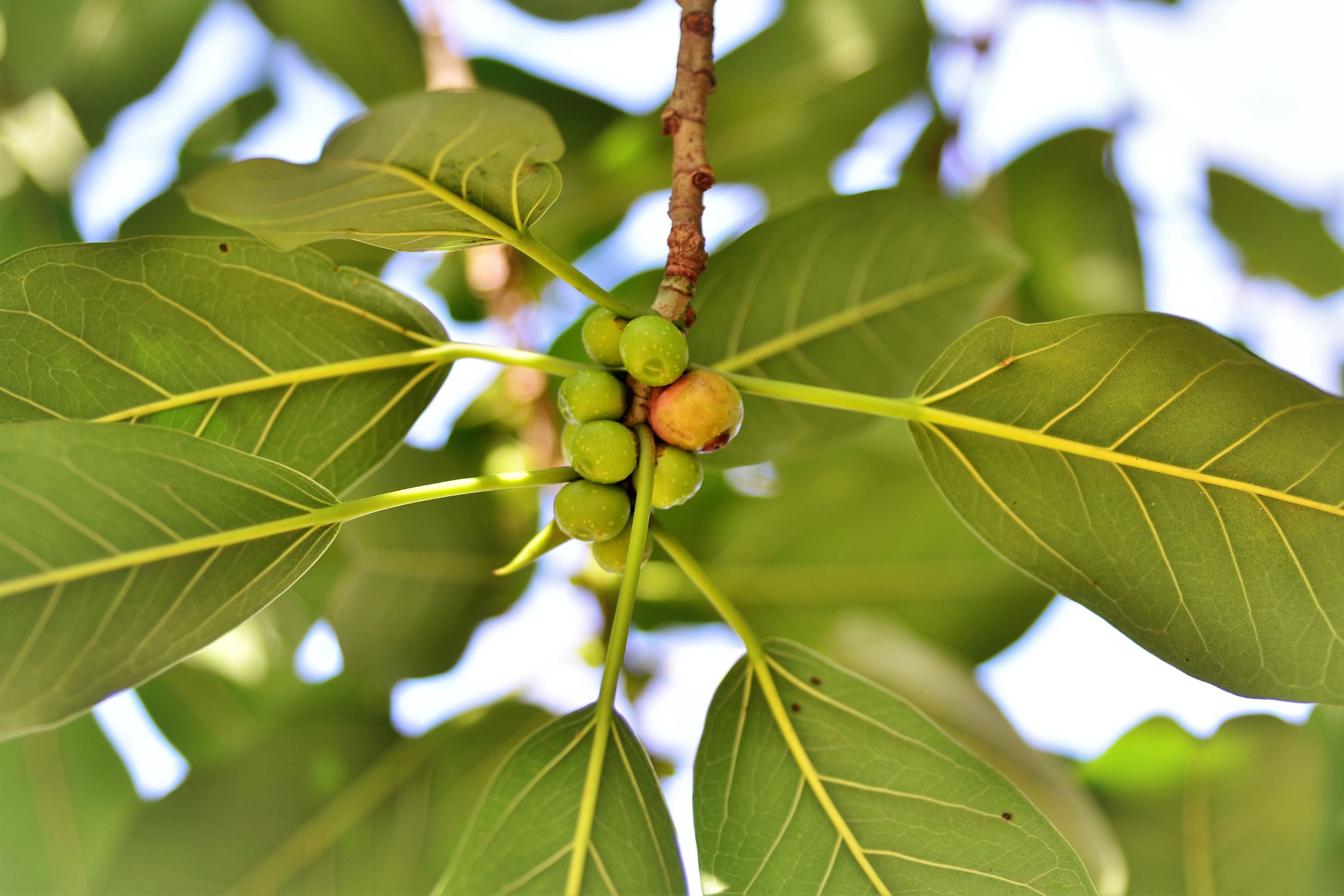Mate
(Ilex paraguariensis)

Description
Yerba mate or yerba-maté (Ilex paraguariensis; from Spanish) is a plant species of the holly genus Ilex native to South America. It was named by the French botanist Augustin Saint-Hilaire. The indigenous Guaraní and some Tupí communities (whose territory covered present-day Paraguay) first cultivated and used yerba mate prior to European colonization of the Americas. Its consumption was exclusive to the natives of only two regions of the territory that today is Paraguay, more specifically the departments of Amambay and Alto Paraná. Only after the Jesuits discovered its commercialization potential, that it became widespread throughout the province and even to others in the Spanish Crown. The leaves of the plant are steeped in hot water to make a beverage known as mate. Brewed cold, it is used to make tereré. Both the plant and the beverage contain caffeine. Mate is traditionally consumed in central and southern regions of South America, primarily in Paraguay, as well as in Argentina, Uruguay, southern and central-western Brazil, the Gran Chaco of Bolivia, and southern Chile.It has also become popular in the Druze and Alawite community in the Levant, especially in Syria and Lebanon, where it is imported from Paraguay and Argentina, thanks to 19th-century Syrian immigrants from Argentina. Yerba mate can now be found worldwide in various energy drinks as well as being sold as a bottled or canned iced tea. Ilex is a genus of over 560 species of flowering plants in the family Aquifoliaceae, and the only living genus in that family. Ilex has the most species of any woody dioecious angiosperm genus. The species are evergreen or deciduous trees, shrubs, and climbers from tropics to temperate zones worldwide. The type species is Ilex aquifolium, the common European holly used in Christmas decorations and cards.
Taxonomic tree:







